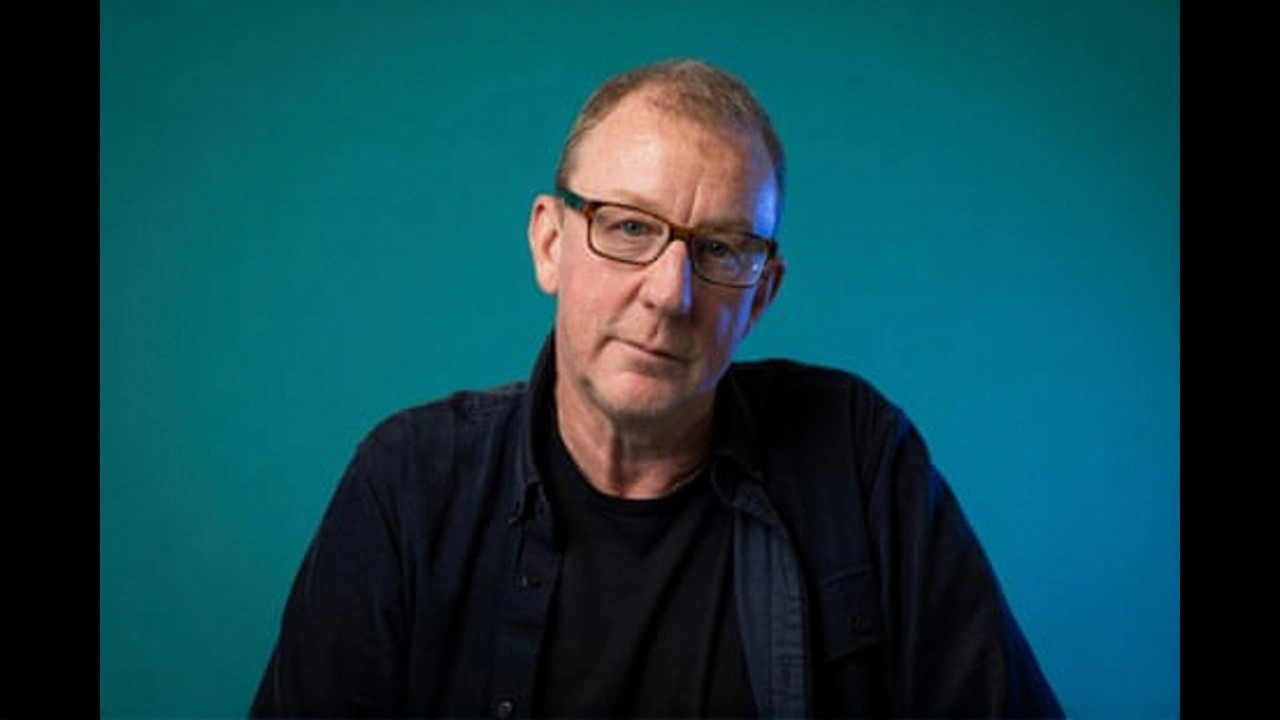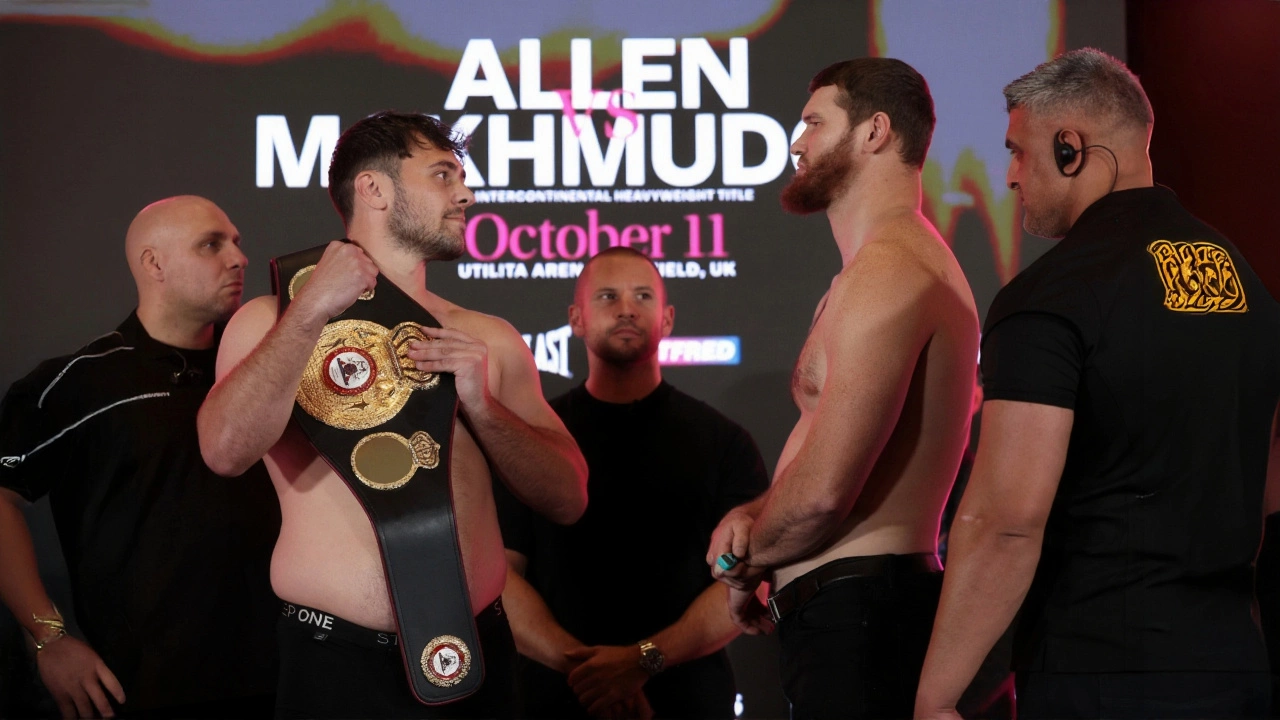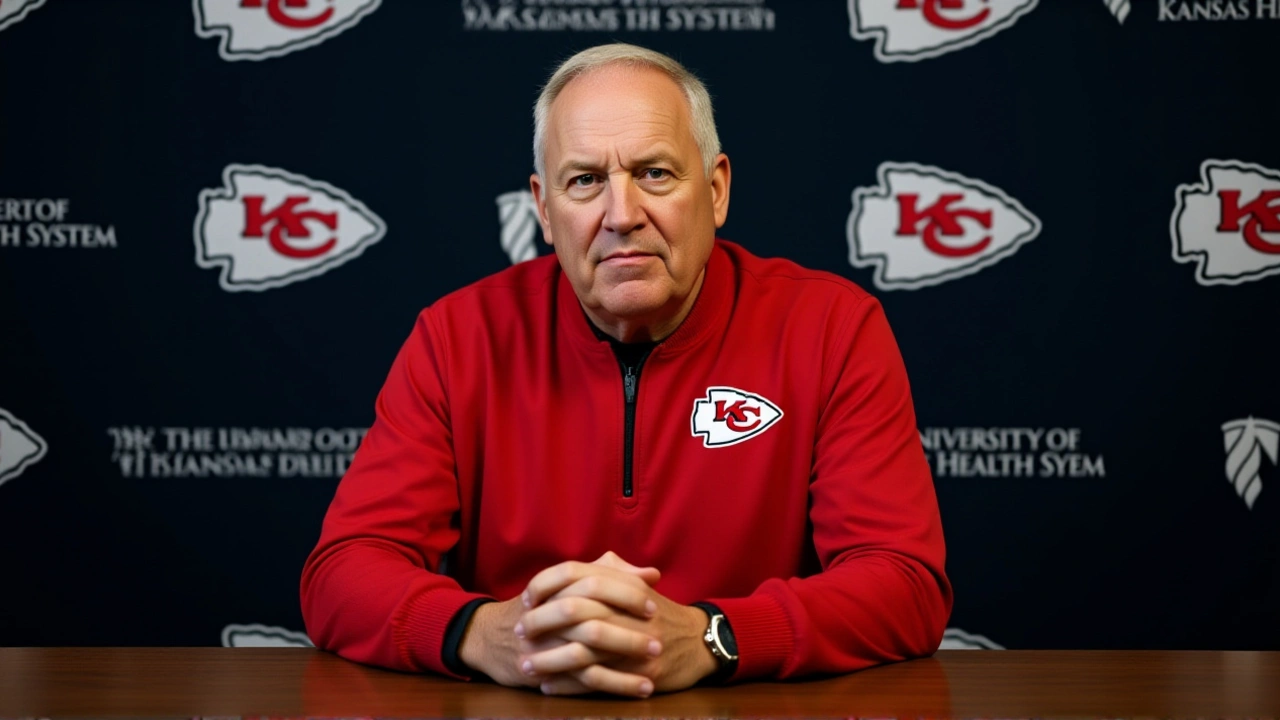Dave Rowntree slams 'old‑days' music myth and Blur‑Oasis feud
 Oct, 17 2025
Oct, 17 2025
When Dave Rowntree, drummer of Blur answered a Guardian Q&A on September 7, 2025, he tossed out the old‑school “music was better back then” cliché with a blunt “bollocks!”. The interview, published at 00:01 BST from the paper’s Kings Place headquarters, instantly reignited a conversation that’s been simmering since the mid‑1990s.
Why the interview mattered
Rowntree’s comments weren’t just a nostalgic shrug. He went straight for a narrative that’s been repeated in every music‑magazine retrospective: that Blur and Oasis were mortal enemies locked in a never‑ending feud. "People imagine our musical nemesis is Oasis. They were briefly, for a few months in the Nineties, but actually we've all got on quite well since then," he told the reporter, then added with a grin, "I get asked an Oasis question in most interviews but journalists usually leave it until the last question, in case I storm off in disgust."
That laugh‑track moment revealed a deeper truth – the rivalry was more media‑made than band‑made. Rowntree, who also serves as a qualified solicitor and former Westminster councillor, reminded us that the rock‑n‑roll world is full of manufactured drama.
Re‑examining the Battle of Britpop
The flashback to August 1995 is unavoidable. The Battle of Britpop pitted Blur’s "Country House" against Oasis’s "Roll With It" in a chart‑week showdown that felt like a sporting final. Blur sold 274,000 copies; Oasis managed 216,000. The numbers are still quoted in textbooks, and the press of the time turned the sales race into a cultural war.
But Rowntree’s perspective shows that the clash was a fleeting moment. "It was a few months, not a decade of hatred," he said. Indeed, the two bands shared the same festival circuits, backstage lounges, and even jokes about each other's fashion sense.
From nemesis to neighbours
Fast‑forward to 2025, and both groups are on the road again. Oasis is midway through a massive reunion tour, headlining Wembley Stadium for two consecutive nights – the sixth and seventh UK shows before jetting off to Tokyo, Melbourne, Sydney, Buenos Aires, Santiago and finally Morumbi Stadium in São Paulo.
The Wembley Stadium gigs are already selling out, with each night expected to host roughly 90,000 fans. The Brazilian finale at Morumbi, a 72,000‑capacity arena in the Interlagos neighbourhood, will close the global leg late in the year, mirroring the 30‑year anniversary of that 1995 chart battle.
Rowntree’s line about needing “an effective superhero” to sustain a nemesis made many chuckle. He’s basically saying the whole thing was a PR stunt, not a lifelong vendetta. The Gallaghers, for their part, have often spoken kindly about Blur in recent interviews, noting that the old rivalry feels more like a shared family story now.

Why the myth still sticks
Music fans love a good rivalry. It creates a ready‑made storyline, something easy for broadcasters and playlist curators to sell. Rowntree’s rebuttal challenges that comfort zone. He also tackled the broader claim that “old music is better.” "People think music was better in the old days, to which I say: bollocks!" he declared, pointing out that the judgment is more generational bias than objective fact.
Statistically, streaming data from Spotify shows that tracks from the 1990s still command about 12 % of total UK streams, while songs released after 2015 now occupy 48 % of the same metric. The numbers suggest that listeners are actually diversifying, not retreating into nostalgia.
Even critics are shifting. The Independent, which re‑reported Rowntree’s interview, noted that the “Britpop rivalry” narrative has become a footnote in a larger story about the resurgence of British indie bands on the global stage.
What’s next for Blur and Oasis?
Blur, fresh from a 2023 reunion that saw the band play a sold‑out headline slot at Wembley on July 8, 2023, has hinted at a new album in early 2026. While Rowntree didn’t disclose details, he did say the band is “excited to make music that feels current without trying to chase trends.”
Oasis, meanwhile, will close their 2025 tour with the Morumbi shows, after which the brothers have teased a possible “special one‑off” appearance later in 2026 – perhaps a joint festival slot with Blur? Nothing confirmed, but the idea has already sparked fan‑forum speculation.
Either way, the two groups appear to have moved past the caricature of bitter enemies. As Rowntree put it, “nemeses aren’t really my style.”

Key takeaways
- Dave Rowntree dismissed the myth that older music is inherently superior.
- The 1995 “Battle of Britpop” was a brief commercial clash, not a lasting feud.
- Both Blur and Oasis are touring internationally in 2025, with major shows at Wembley and Morumbi.
- Streaming data shows contemporary music now dominates listener habits.
- Future projects for both bands hint at collaboration rather than conflict.
Frequently Asked Questions
How does Rowntree’s comment affect fans of 1990s Britpop?
Many long‑time fans feel protective of the era’s legacy. Rowntree’s blunt “bollocks!” challenges that sentiment, prompting younger listeners to reassess the music on its own merits rather than through nostalgia. It’s sparking lively debates on forums and in radio call‑ins, with some fans embracing the fresh perspective and others doubling down on the ‘golden age’ narrative.
What sparked the original Blur‑Oasis rivalry?
The rivalry peaked during the 1995 chart showdown, when Blur’s “Country House” outsold Oasis’s “Roll With It” by 58,000 copies. Media hype, coupled with the bands’ contrasting images – Blur’s art‑school swagger versus Oasis’s working‑class swagger – turned a commercial competition into a cultural flashpoint that the press amplified for months.
Why are the Wembley and Morumbi venues significant?
Wembley Stadium, with its 90,000‑plus capacity, symbolizes the UK’s biggest musical stages, marking a high‑point for any British act. Morumbi Stadium in São Paulo, holding 72,000 fans, underscores Oasis’s global reach and the 30‑year echo of the Britpop clash, as the Brazilian finale lands exactly three decades after the original chart battle.
What do industry experts say about the “old‑music is better” myth?
Music economists note that streaming has leveled exposure: older tracks still get plays, but newer releases dominate charts and playlists. Dr. Helen Price of the Institute of Popular Music asserts that the myth persists because nostalgia is a strong emotional cue, yet data shows listeners are constantly adding fresh tracks to their libraries, indicating a more eclectic taste overall.
Could Blur and Oasis ever collaborate on stage?
Both bands have hinted at openness to joint performances, especially now that the animosity narrative has faded. While no official announcement exists, insiders say a surprise acoustic set at a major festival could be in the works for late 2026, feeding fan desire for a nostalgic yet fresh moment.